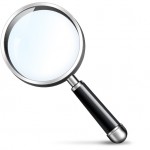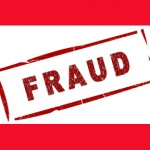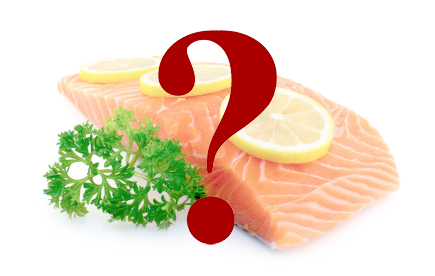With more regulatory and consumer scrutiny being placed on the authenticity of food products, companies must use technologies that can verify products and ingredients, and detect contaminants. NSF International recently acquired AuthenTechnologies, a testing laboratory that provides DNA-species identification services to improve authenticity, safety and quality of natural products. Using shorter segments and validated reference materials, AuthenTechnologies employs a DNA sequencing method that can identify “almost any” species and detect contaminants that cannot be distinguished morphologically or chemically. The method also screens for allergens, GMOs, fillers and filth.
“As the food supply chain becomes more complex and regulations continue to evolve and become more rigorous, this technology is becoming essential to achieving regulatory compliance and brand protection while preventing issues associated with fraud, mislabeling and adulteration,” said Lori Bestervelt, Ph.D, international executive vice president and chief technology officer at NSF, in a company release. AuthenTechnologies’ co-founder Danica Harbaugh Reynauld, Ph.D., adds, “We’ve developed a more highly specific DNA methodology capable of identifying a single organism to a complex blend of unlimited ingredients.” Reynauld, who will join NSF as global director of scientific innovation, will lead the NSF AuthenTechnologies center of excellence with NSF’s global network of labs.
In comparison to DNA barcoding, next-generation DNA sequencing is highly specific and can identify species in highly processed materials and complex mixtures. DNA barcoding is unable to differentiate between closely related species and is less suitable in detecting extracts as well.








